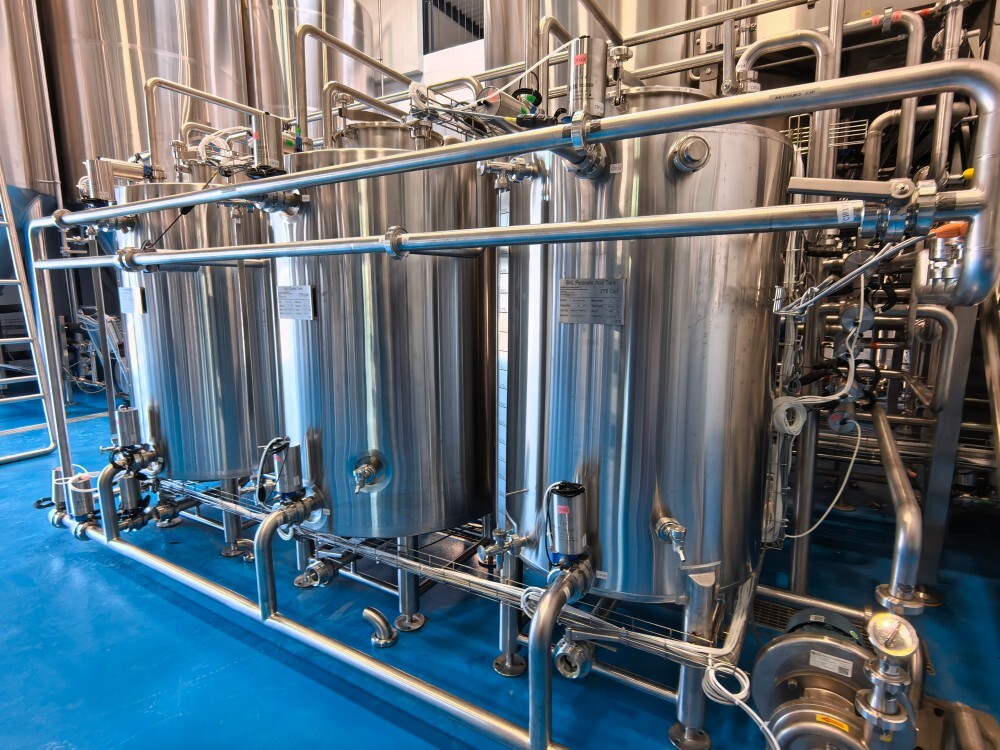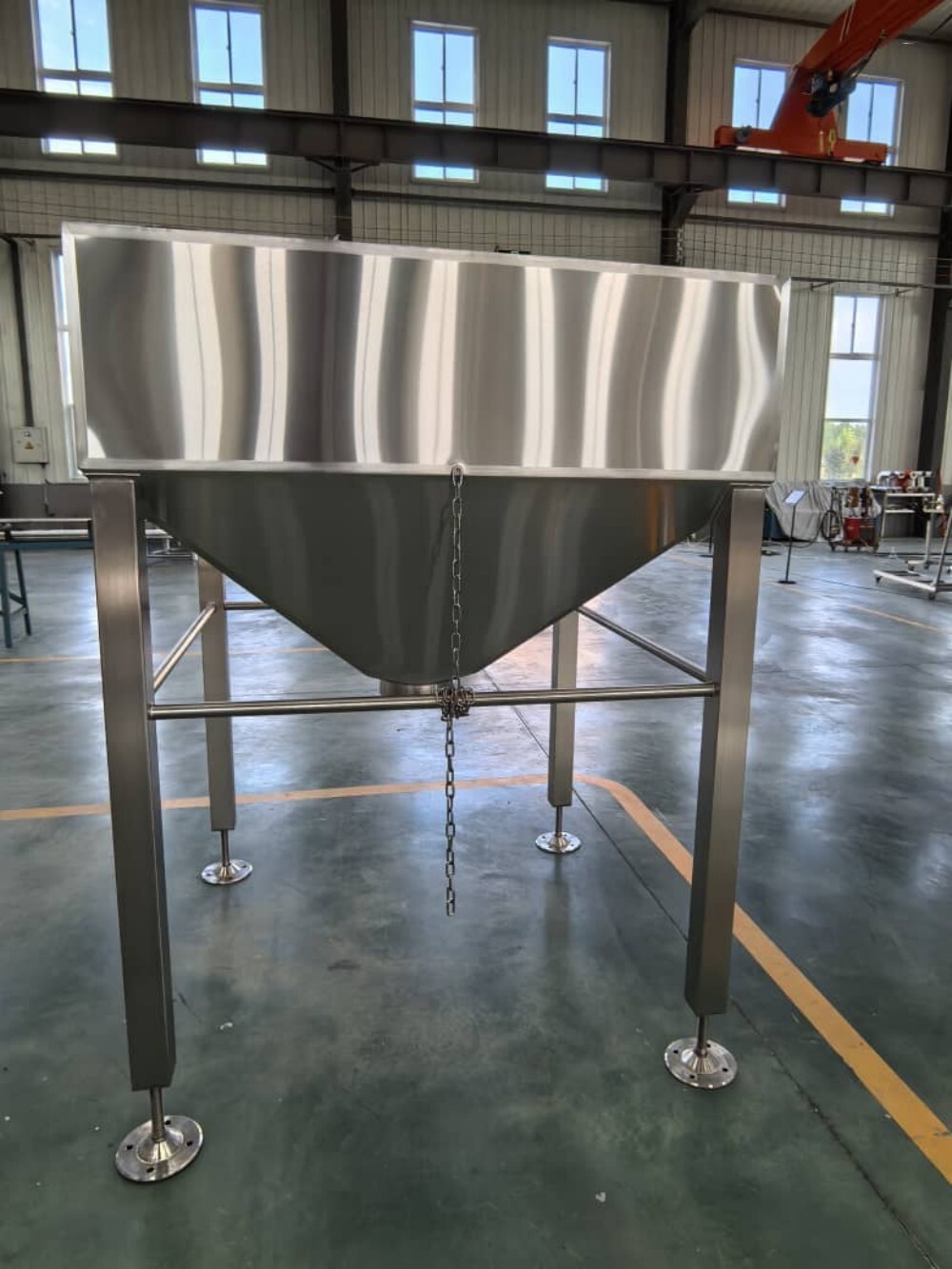
Food Grade Beer Hose: The Ultimate Guide for Brewery Safety & Efficiency
For breweries of all sizes, the transfer of beer between tanks, fermenters, and packaging lines requires equipment that meets stringent hygiene standards. Food grade beer hoses are specifically designed to handle this critical process while preventing contamination and maintaining flavor integrity. Unlike standard hoses, these specialized products are manufactured with materials that comply with FDA, EC1935/2004, and other global food safety regulations.
Why Food Grade Certification Matters for Brewery Hoses
The term "food grade" indicates that materials have been tested and proven safe for contact with consumable products. In brewery applications, this means the hose won't leach harmful chemicals or impart unwanted flavors to your beer. Key certifications to look for include:
1. FDA Compliance
The U.S. Food and Drug Administration sets strict guidelines for materials that contact food and beverages. FDA-compliant hoses use formulations that have undergone extensive migration testing to ensure no harmful substance transfer occurs.
2. EC1935/2004 Compliance
This European regulation establishes safety requirements for materials intended to come into contact with foodstuffs. Breweries exporting to EU markets must ensure their beer transfer equipment meets these standards.
Material Options for Food Grade Beer Hoses
Modern breweries can choose from several high-performance materials, each offering distinct advantages:
1. Thermoplastic Elastomers (TPE)
TPE hoses combine flexibility with excellent chemical resistance. They're lightweight, kink-resistant, and maintain their properties across a wide temperature range (-40°F to 275°F), making them ideal for breweries with varied production schedules.
2. Silicone
Premium silicone hoses offer superior temperature resistance and are naturally resistant to microbial growth. Their smooth interior surface minimizes beer absorption and facilitates thorough cleaning.
3. Reinforced PVC
For budget-conscious operations, food-grade PVC hoses with fabric or wire reinforcement provide a cost-effective solution while meeting basic safety requirements.
Installation and Maintenance Best Practices
Proper handling extends hose life and ensures consistent beer quality:
1. Correct Sizing
Match hose diameter to your system's flow requirements. Undersized hoses create excessive pressure drop, while oversized ones may lead to poor drainage and cleaning challenges.
2. Proper Storage
Store hoses coiled loosely in a clean, dry area away from direct sunlight. Avoid sharp bends that could cause permanent kinking.
3. Regular Inspection
Establish a schedule to check for signs of wear, including cracks, swelling, or discoloration. Most manufacturers recommend replacing beer hoses every 2-3 years under normal use.
Cleaning Protocols for Food Grade Beer Hoses
Effective cleaning is non-negotiable in brewery sanitation:
1. CIP (Clean-in-Place) Procedures
For integrated systems, implement CIP cycles using brewery-approved cleaners at recommended concentrations and temperatures. Ensure adequate flow velocity (typically 5 ft/sec) for proper mechanical cleaning action.
2. Manual Cleaning
For portable hoses, use dedicated brushes and food-safe detergents. Always rinse thoroughly with potable water before the next use.
3. Sanitization
Follow cleaning with an approved sanitizer such as peracetic acid or iodophor solutions. Allow proper contact time as specified by the sanitizer manufacturer.
Choosing the Right Food Grade Beer Hose for Your Brewery
When selecting beer transfer hoses, consider these key factors:
1. Production Volume
High-volume operations benefit from durable, reinforced hoses that withstand frequent use, while nano-breweries might prioritize flexibility and ease of handling.
2. Beer Styles
Consider pH levels and alcohol content—some materials perform better with acidic sour beers or high-ABV imperial stouts.
3. Temperature Requirements
Hot wort transfer demands different specifications than cold beer dispensing. Verify temperature ratings for all intended uses.
Investing in quality food grade beer hoses for brewery operations pays dividends in product consistency, regulatory compliance, and operational efficiency. By understanding material options, maintenance requirements, and proper selection criteria, brewers can make informed decisions that protect their brand reputation while optimizing production workflows.
Tell us about your brewery equipment requirements!
At ZYB Craft, we’re dedicated to bringing your brewery vision to life. Our expert team of brewers, engineers, and craftspeople is ready to design and manufacture the perfect equipment for your brewing operation. Whether you’re just starting or expanding, we’re here to help. Please leave your specifications, and our team will get in touch to discuss your project in detail. We’ll work closely with you to create equipment that meets your unique needs and budget.
*Rest assured, your information will be kept confidential and used solely for the purpose of assisting you with your brewery equipment needs. We look forward to brewing success together!


